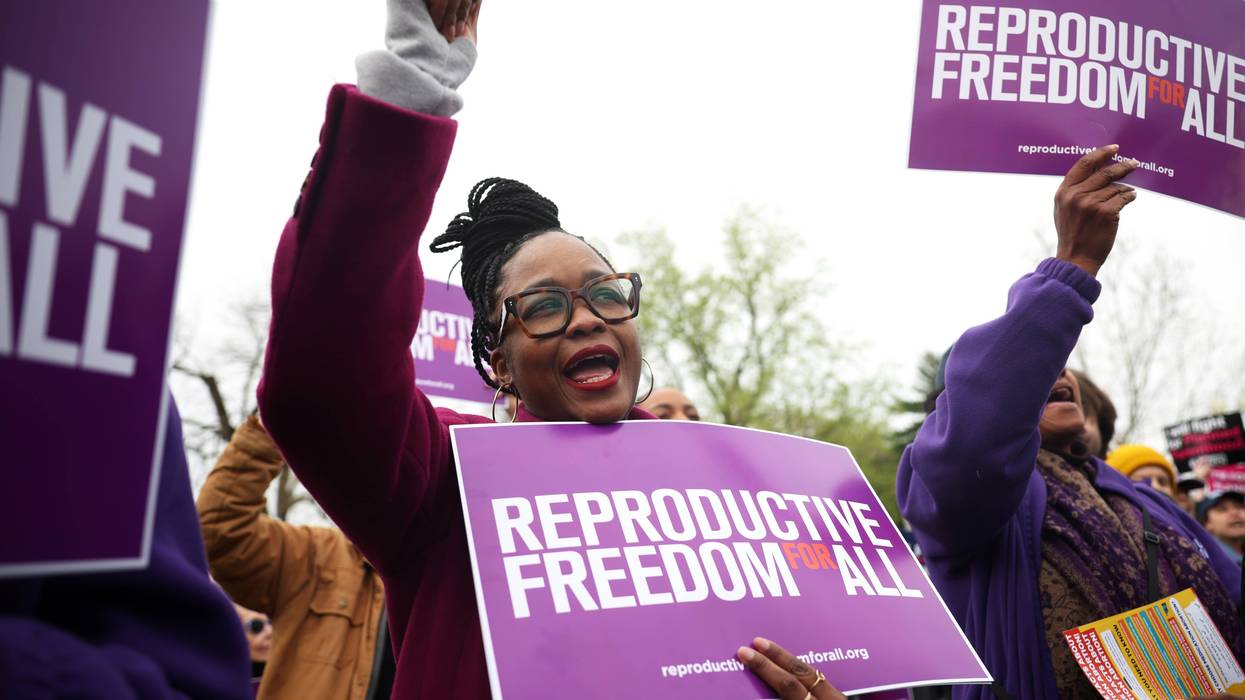Most of Israel's largest banks are providing services that help support, maintain, and expand unlawful settlements by financing their construction in the occupied West Bank.
The 41-page report, "Bankrolling Abuse: Israeli Banks in West Bank Settlements," details new research on the scope of banking activities in settlements and the violations to which these activities contribute. Israel's seven largest banks provide services to settlements. The report also documents the involvement of most of them in building housing units that expand settlements by acquiring property rights in new construction projects and shepherding the projects through to completion. The transfer by the occupier of members of its civilian population into the occupied territory, and the deportation or transfer of members of the population of the territory, are war crimes. By facilitating expansion of settlements, these banking activities facilitate unlawful population transfers.
"Israeli banks are partnering with developers to build homes reserved exclusively for Israelis on Palestinian land," said
Sari Bashi, Israel and Palestine advocacy director at
Human Rights Watch. "The projects these banks underwrite contribute to displacing
Palestinians unlawfully."
Human Rights Watch searched online listings for settlement construction projects, Palestinian and Israeli land and municipal records and construction company reports, interviewed landowners, visited settlement construction sites, and reviewed research on banking activities and land status by the Israeli nongovernmental organizations (NGOs)
Who Profits and
Kerem Navot.
A map created by Human Rights Watch provides a partial picture of the financial services the banks provide throughout West Bank settlements. In addition to construction projects, banks provide loans to settlement regional and local authorities and mortgage loans to homebuyers in settlements and operate bank branches there. Palestinian West Bank residents, forbidden by military order to enter settlements except as laborers bearing special permits, cannot use these services. Palestinian and foreign banks provide services to Palestinian customers outside the settlements.
Settlements are unlawful under international humanitarian law. They contribute to a discriminatory regime in which Israeli authorities restrict and stunt Palestinian economic development, while subsidizing and supporting Israeli settlements built on land unlawfully seized from Palestinians. International humanitarian law forbids an occupying power from using land except for military purposes or to benefit the local population living under occupation.
Banks that finance or "accompany" construction projects in the settlements become partners in settlement expansion, supervising each stage of construction, holding the buyers' money in escrow, and taking ownership of the project in case of default by the construction company. Most of that construction is on what the Israeli authorities declared to be "state land," which can include land unlawfully seized from private Palestinian landowners. Israel uses this land in a discriminatory fashion, allocating one third of state or public land in the West Bank, not including East Jerusalem, to the World Zionist Organization and just 1 percent for use by Palestinians.
In the Palestinian village of Azzun, for example, Murshed Suleiman's family lost regular access to their land when Israel erected its separation barrier between Azzun and the nearby settlement of Alfei Menashe, on the Israeli side. Bank Leumi, Israel's second largest bank, is partnering with an Israeli construction company to build five new buildings in this settlement, on land that belongs to Azzun.
Just outside the Palestinian village of Mas-ha, Mizrahi Tefahot, Israel's fourth largest bank, is accompanying two new housing projects, with a total of 251 housing units. The project essentially expands the settlement of Elkana toward Mas-ha, exacerbating restrictions on land access. The Aamer family has largely lost access to what had been about 500 dunams (50 hectares) of their land. Family members say that part of the new construction is on land that their father bought but has been seized without their permission and is now off-limits to them.
In Mas-ha, too, the Israeli authorities built the separation barrier to veer deep into the West Bank, to situate Elkana and other settlements on the "Israeli" side.
Human Rights Watch contacted both banks for their response but received no substantive replies.
Settlements inherently contribute to serious human rights abuses. Companies that conduct business in or with settlements cannot mitigate or avoid contributing to these abuses, because the activities they conduct take place on unlawfully seized land, under conditions of discrimination, and through a serious violation of Israel's obligations as an occupying power. These activities raise concerns about pillage, due to land seizure policies by the Israeli military that make it difficult to ascertain whether the landowners have freely given their consent.
Human Rights Watch believes that to comply with their human rights responsibilities, banks, like other businesses, should cease doing businesses in or with Israeli settlements. They should stop locating or carrying out activities inside settlements, financing, administering or otherwise supporting settlements or settlement-related activities and infrastructure, and contracting to purchase settlement-produced goods.
"Banks cannot do business in settlements without contributing to discrimination, displacement, and land theft," Bashi said. "To avoid this outcome, they should end their settlement activities."





